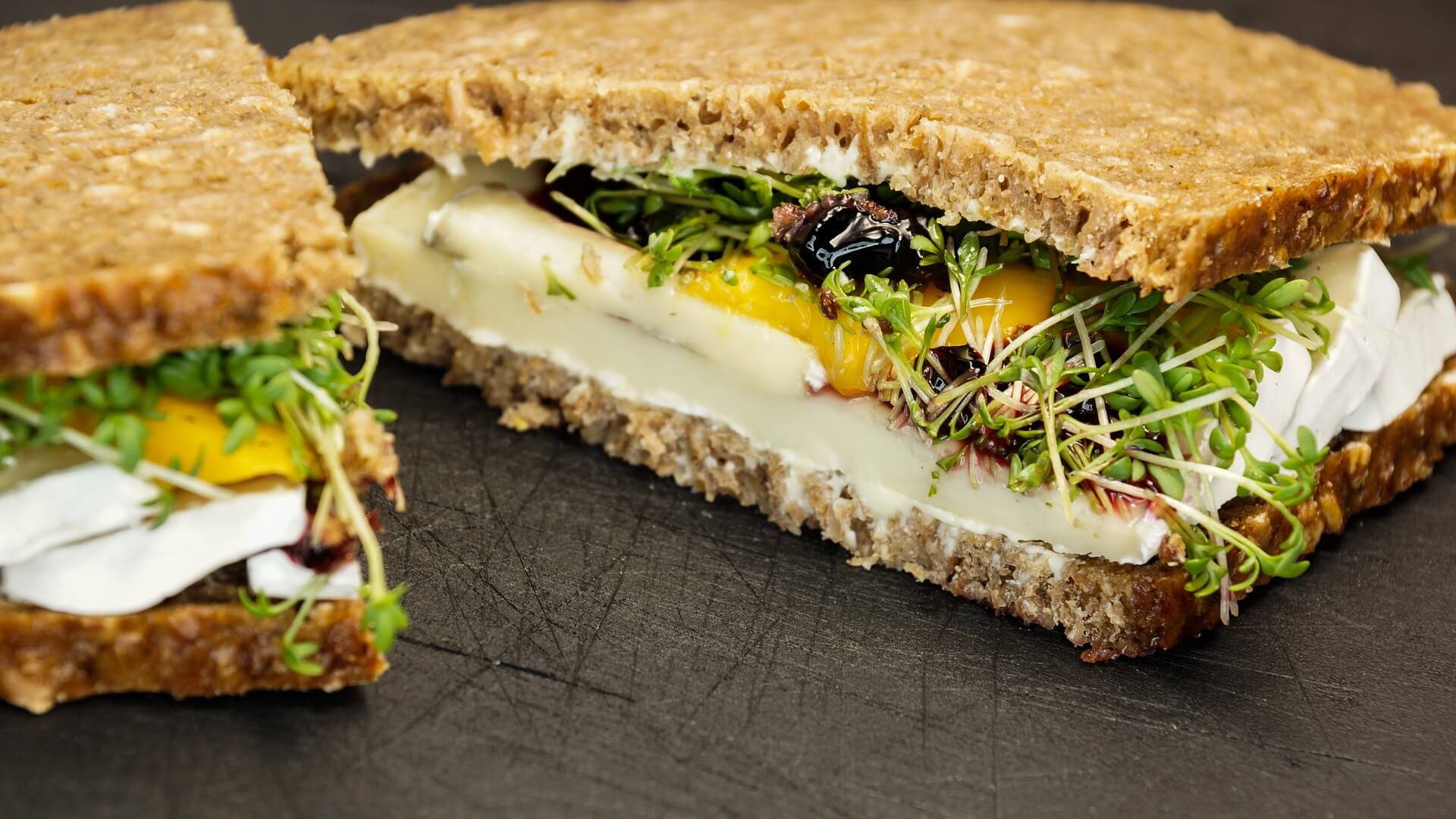How I Helped My Nurse Save $5,000 per Year
As a traveling surgeon, I have the opportunity to have some pretty intimate conversations with nurses in the privacy of the OR.
One day, I was talking with one of my surgery nurses about how she is falling behind on bills. She couldn’t ever seem to catch up. Bills piled up. School loans were due. She needed new tires. In fact, she needed a new car. Yet savings were non-existent.
She confessed that she was living paycheck to paycheck. Surely you realize how incredibly common this is in our profession… and not just for nurses…
Yet I had noticed that she always came in to work with a large cup of coffee from a well-known national chain, that she picked up on her way in. And at lunchtime, she routinely added her take-out order to the daily list a receptionist would start.
One day, feeling bad for the dire situation this nurse was in, I bit the bullet and did the unthinkable: I offered to openly discuss her financial situation. She accepted.
So we did some basic math (in case you are wondering, this was done outside the OR, without a patient under anesthesia!).
And she quickly realized that the savings could be amazing if she would change her habits.
Part 1: Breakfast
First, we calculated her morning cup of joe expenses, in addition to a slice of pound cake or banana nut bread, at a daily average of $8. Please note that we excluded 2 weeks of vacation from all calculations below.
$8/day x 5 days/week x 50 weeks = $2.000/year.
By comparison, she thought it would cost her $100/year to brew her own coffee at home and pack a healthier breakfast.
Bonus # 1: she has a programmable coffee maker, so it could be set to be ready when she walks into the kitchen every morning.
Bonus # 2: she acknowledged that she enjoyed the taste of her own brew much more than the local barista’s.
Yearly savings: $1,900.
On a side note, we are fully aware of the Latte Factor, and at Vet Financial Summit, we generally disagree with the concept. We have nothing against spending lots of money on legal, addictive, caffeinated drinks… as long as it fits in your budget.

Part 2: Lunch
Second, we calculated her daily lunch expenses, at a daily average of $10 for (junk) food and a drink full of bubbles, empty calories and artificial everything.
$10/day x 5 days/week x 50 weeks = $2,500/year.
Of course, she still would need to buy groceries to make and pack her own lunch.
In case you’ve ever wanted to figure out the cost of a sandwich, your wish has been granted: http://www.cockeyed.com/inside/sandwich/sandwich_calculator.shtml
So we estimated a generous daily average of $5 for (healthy) food, a (healthy) drink and a (healthy) snack.
$5/day x 5 days/week x 50 weeks = $1,250/year.
Yearly savings: $1,250.
Part 3: Dinner
Third, she explained that after a hard day’s work, she orders take-out “dinner” (translation: junk food) at least twice per week. Each meal would cost at least $10. Let’s do the math.
$10/dinner x 2 dinners/week x 50 weeks = $1,000/year.
If instead she cooked her own (much healthier) dinner at home, and assuming $6/dinner, she would however spend:
$6/dinner x 2/week x 50 weeks = $600/year.
Yearly savings: at least $400

Part 4: Smokes
Fourth, she confessed that she was a smoker. A whole pack per day, at a cost of $6.
Not even taking the obvious health-related reasons to quit smoking (tongue cancer ain’t my idea of fun – and neither is chemo), ditching the addition would save:
$6/day x 7 days x 50 weeks = $2,100/year.
Let’s total things up:
Coffee: $1,900 saved/year.
Lunch: $1,250 saved/year.
Dinner: $400 saved/year.
Cigarettes: $2,100 saved/year (notice that it’s the largest expense by far).
Total saved for a smoker: $5,650/year.
Total saved for a non-smoker: $3,550/year.
Calculated as a percentage of a technician’s yearly salary, this is a huge amount of money. What could she do with this kind of new-found money?
- Pay down debt – student loans or personal debt.
- Climb out of the “hole” by avoiding credit card compound interest.
- Enjoy a nice dinner out every once in a while. Saving is not about becoming a penny-pinching scrooge. It’s also about enjoying the finer things in life.
- Eat much healthier and more tasteful food.
- Consume a significantly lower number of calories.
- Pay for a very nice yearly vacation rather than a staycation or a long weekend at the New Jersey shore (not that there is anything wrong with New Jersey).
- Start funding a savings/emergency/rainy day fund.
- Fund a retirement account.
- Save for child education.
- And the list goes on…
Our technician friend was rather shocked (as I was) after totaling things out. She promised me to use her new-found awareness to be much wiser with her money. Rather than instant gratification, she saw the benefits of having a longer-term vision.
I hope this simple concept can help many others (technician or not).
Phil Zeltzman, DVM, DACVS
Co-Founder of Veterinary Financial Summit
Interested in learning more about $$$?
Subscribe to the Blog
Join the Community
Attend the Summit
Learn about the Mastermind
